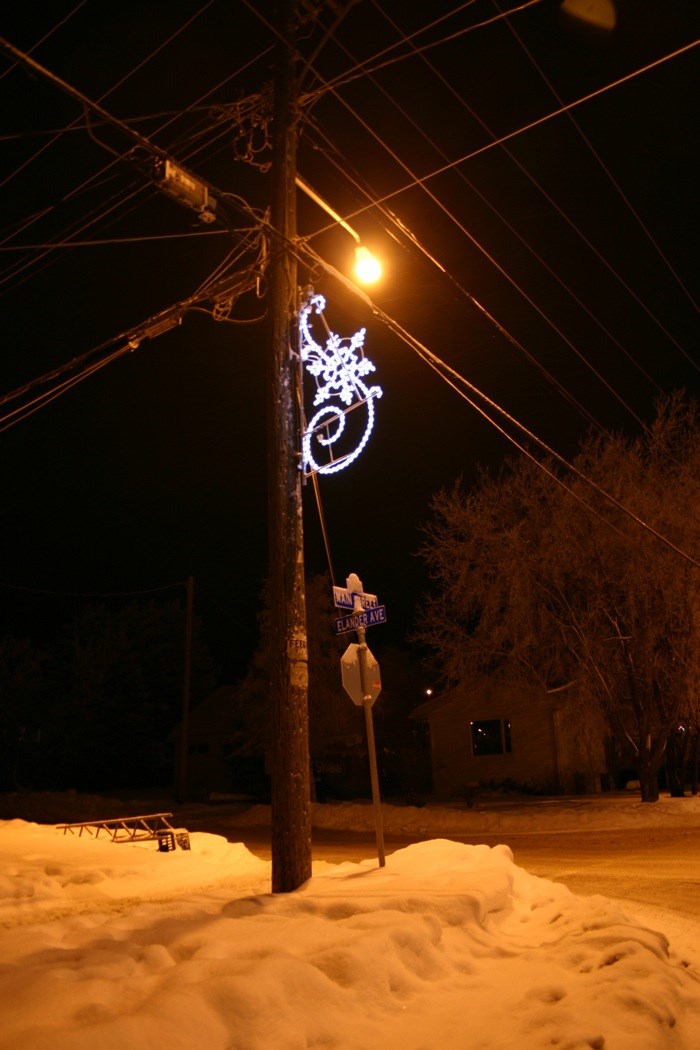After months of waiting, the Town of Creighton now has updated census results – but they aren’t what councillors hoped for.
The adjusted totals, which were submitted to the Town earlier this month by Statistics Canada, list the population of Creighton as 1,429 people. While the new total is higher than the listed total of 1,402 people given in last year’s census, it is still a noticeable decline from the 2011 census, when the town’s population was listed as 1,498 people.
“The census enumeration forms for 2016 and 2011 were compared, block by block and street by street, for each area in the Town of Creighton in order to ensure that dwellings were not missed and that all changes from 2011 to 2016 were recorded,” said a Statistics Canada memo sent to the Town obtained by The Reminder.
The memo states the cause of the change was “enumerator errors in the distribution of questionnaires which led to the inaccurate count of population.”
The Town decided to appeal the results not long after the results of the 2016 census were made public in February, but had not received correspondence
While the revised totals show a smaller population drop than originally feared, Creighton Mayor Bruce Fidler is not satisfied with the statistics.
“I like that the number went up a little bit, but I still don’t agree with it. I want to look a little bit further into it because I don’t think we lost any people,” he said.
“I want to check it out, do some research on it and see if there are any further steps we can take.”
Numbers for private dwellings and occupancy rates remained unchanged in the new results. Creighton is still officially listed as having exactly 600 private dwellings, with 18 either unoccupied or occupied by foreign or temporary residents.
The dispute is not just about numbers on a spreadsheet – lower population figures could make a notable impact on the Town’s finances.
Dollar amounts for many government grants and subsidies are determined on a per capita basis, using local census population figures. Revenue sharing payments from the provincial government – a major source of income for the Town – are also determined on a per-capita basis.
“It’s a little bit of an decrease in revenue sharing. So far, that’s about it,” said Fidler. “That smaller number doesn’t impact greatly, but it does have an impact. The overall drop [before revisions] was four times as big, but any decrease where we lose in revenue sharing is an impact. It impacts us right across the board.”
Creighton’s population has slowly declined over the past few decades. 1,713 people called Creighton home as of the 1996 census, nearly 300 more than this year’s totals.
Resident rates in Flin Flon and Denare Beach also declined in this year’s census, going from 5,592 and 820 people to 5,185 and 779 respectively.




